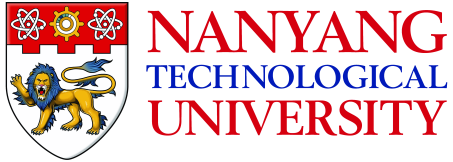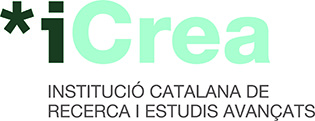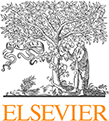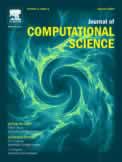
| Corporate Supporters |
|
|

ICCS 2013 keynote lecture
Prof. Hesham H. Ali, University of Nebraska, Omaha, USA
High Performance Computing in Bioinformatics: A focus on next generation data analysis and integration tools
Abstract:
With the development of advanced high throughput instruments in recent years, there has been a tremendous focus on data generation in biomedical research. However, not all generated data has been properly analyzed or utilized to obtain relevant biological knowledge. Hence, there is an urgent need for innovative tools that focus on the analysis of large biological data. Additionally, biological databases continue to be handled in isolated fashion with little focus on connecting the various types of data associated with a particular domain. This in turns limits the impact of such data. Hence, the desire for the data analysis tools to have the ability to integrate heterogeneous data with a focus on applying systems biology approaches. We propose new and innovative network analysis tools that use networks/graphs to model, integrate, and analyse large and heterogeneous data. While biological data tend to be very large, the potential amount of relationships among such data items is much larger. Using advanced network analysis and systems biology approaches is computationally intensive and hence the need for High Performance Computing (HPC), and potentially cloud computing. The balance between using HPC to integrate/analyse large biological data and taking into consideration security (particularly cloud security) and energy-awareness issues will be critical in advancing this new direction of developing Bioinformatics tools. We use practical applications and specific case studies in aging research, cancer informatics and Parkinson's research to illustrate and validate the proposed concepts and the developed tools.
Hesham H. Ali is a Professor of Computer Science and the Lee and Wilma Seaman Distinguished Dean of the College of Information Science and Technology (IS&T), at the University of Nebraska at Omaha (UNO). He is also the director of UNO Bioinformatics Core Facility that supports a large number of biomedical research projects in Nebraska. He has published numerous articles in various IT areas including scheduling, distributed systems, wireless networks, and Bioinformatics. He has also published two books in scheduling and graph algorithms, and several book chapters in Bioinformatics. He is currently serving as the PI or Co-PI of several projects funded by NSF, NIH and Nebraska Research Initiative (NRI) in the areas of wireless networks and Bioinformatics. He has been leading a Bioinformatics Research Group at UNO that focuses on developing innovative computational approaches to identify and classify biological organisms. The research group is currently developing new graph theoretic models for assembling short reads obtained from high throughput instruments, as well as employing a novel correlation networks approach for integrating and analyzing large heterogeneous biological data associated with various biomedical research areas. He has also been leading two funded projects for developing secure wireless infrastructure and using wireless technologies to study mobility profiling for aging research.
ICCS 2013 is organised by
 |
 |
 |
 |








